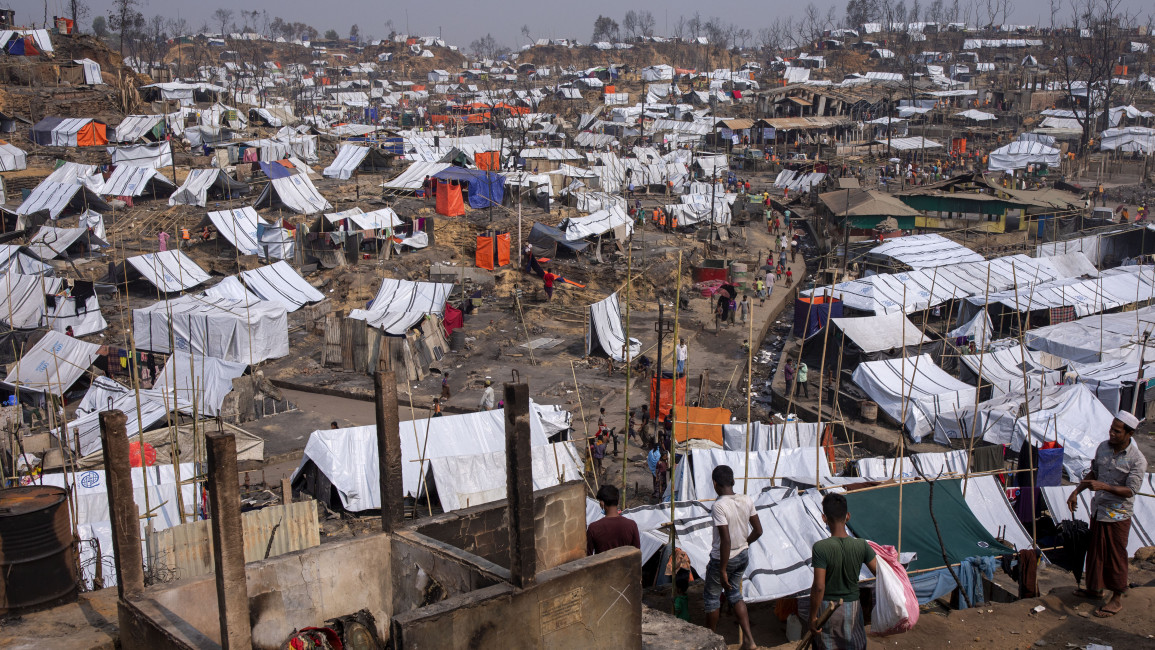UN seeks nearly $1 billion for Rohingya crisis
The UN on Tuesday appealed for $943 million to cope with the Rohingya humanitarian crisis, fearing that a Covid-19 outbreak in South Asia could reach refugee camps before vaccines do.
The agency said the funds were needed urgently this year for nearly one million refugees from the Muslim minority who fled to Bangladesh from neighbouring Myanmar after a deadly crackdown in 2017.
Most are crowded into squalid refugee camps, and the pandemic has rendered them even more vulnerable.
"Bangladesh finds itself in a region particularly affected by Covid-19 and therefore the needs are even more urgent than in the past," the head of the UN's refugee agency, UNHCR, Filippo Grandi told a virtual press conference.
At a donor conference, $206 million (169 million euros) was raised in fresh contributions, taking the total raised for the crisis so far to $340 million.
The annual Joint Response Plan brings together Bangladesh, nine UN agencies and more than 100 non-governmental organisations to raise funds.
Besides Rohingya refugees, it seeks to meet the needs of 472,000 Bangladeshis in affected host communities.
Grandi said that a military coup in Myanmar on February 1 should not overshadow the plight of Rohingya refugees, who have largely not felt safe to return to Myanmar since the 2017 crackdown.
Read more: What Myanmar's coup means for the future of Rohingya Muslims
"I feel like they are chasing, and shooting me. I think of how they hacked and killed people and threw children on the fires. When I am in bed, the imagination of torture appears in my mind": Powerful photographs depict the Rohingya mental health crisis https://t.co/cHuUxymBUX
— The New Arab (@The_NewArab) April 7, 2021
"It is important that the Rohingya crisis is not forgotten as action is taken," said Grandi.
Bangladesh's junior foreign affairs minister, Shahriar Alam, said the Rohingya crisis had placed an "enormous strain" on his country.
"Rohingya have become desperate to get rid of such a precarious and hopeless situation. They want to return home in safety, security and dignity," he added.
"Unfortunately, not a single Rohingya could yet return due to lack of political will and decisive action on the part of Myanmar."
Covid-19 outbreaks in the camps have so far been successfully contained, but the head of the UN's International Organization for Migration, Antonio Vitorino, said vaccines were urgently needed.
"The challenge in front of us is to guarantee that the health and protection of the refugees is also guaranteed in terms of access to vaccination," he said.
Last year's response plan called for more than $1 billion, but ended up 40 percent short.
This year's plan includes $247 million for food security; $135 million for health and $112 million for shelter and non-food items.



